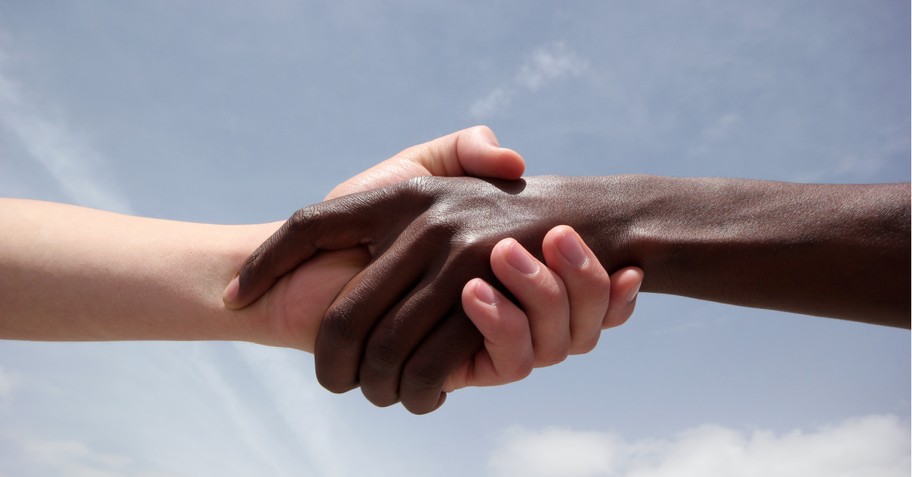Any time you and I hurt another believer, we are commanded from Scripture to do our part to reconcile with that person. That often means repenting of our sin, and asking forgiveness from those whom we’ve offended.
Scripture commands believers to: “Confess your sins to one another, and pray for one another so that you may be healed” (James 5:16 NASB). When was the last time you confessed your sins to the person you sinned against, let alone told someone else about how you had failed?
Could it be that you and I have a difficult time confessing our sins to one another because we are more comfortable believing our sin is only between us and God?
Certainly, it saves our prideful flesh if we can just make sure we’re not being resentful, and then move on. But to actually clear the slate with someone? Offer an apology? That hurts because it involves admitting we’re wrong.
And it’s more popular today to adopt the “self-love” mantra of “stop saying sorry” even if we truly were in the wrong and ran over someone else with our words or actions.
Having been a senior pastor’s wife for more than two decades, I can attest to the fact that some people are offended by the smallest of things. And that can make us feel we shouldn’t have to cater to the over-sensitivity of others.
But one’s sensitivity doesn’t make their hurt any less real. And even if we hurt them unintentionally, our desire should be to reconcile with our brothers and sisters in Christ by acknowledging their pain, taking responsibility for any part in it, and helping them heal.
As Paul said in 1 Corinthians 12, we are all part of one body and if one part of the body hurts, all the parts of the body hurt with it (verse 26). At least, all parts should!
When the world hurts us, that’s to be expected. But it’s very possible for many, myself included, to be more wounded by people within the body of Christ, than by unbelievers. It’s also very possible for many, myself included, to wound others within the body of Christ and be unaware or ambivalent.
Photo Credit: ©iStock/Getty Images Plus/Constantinis

















